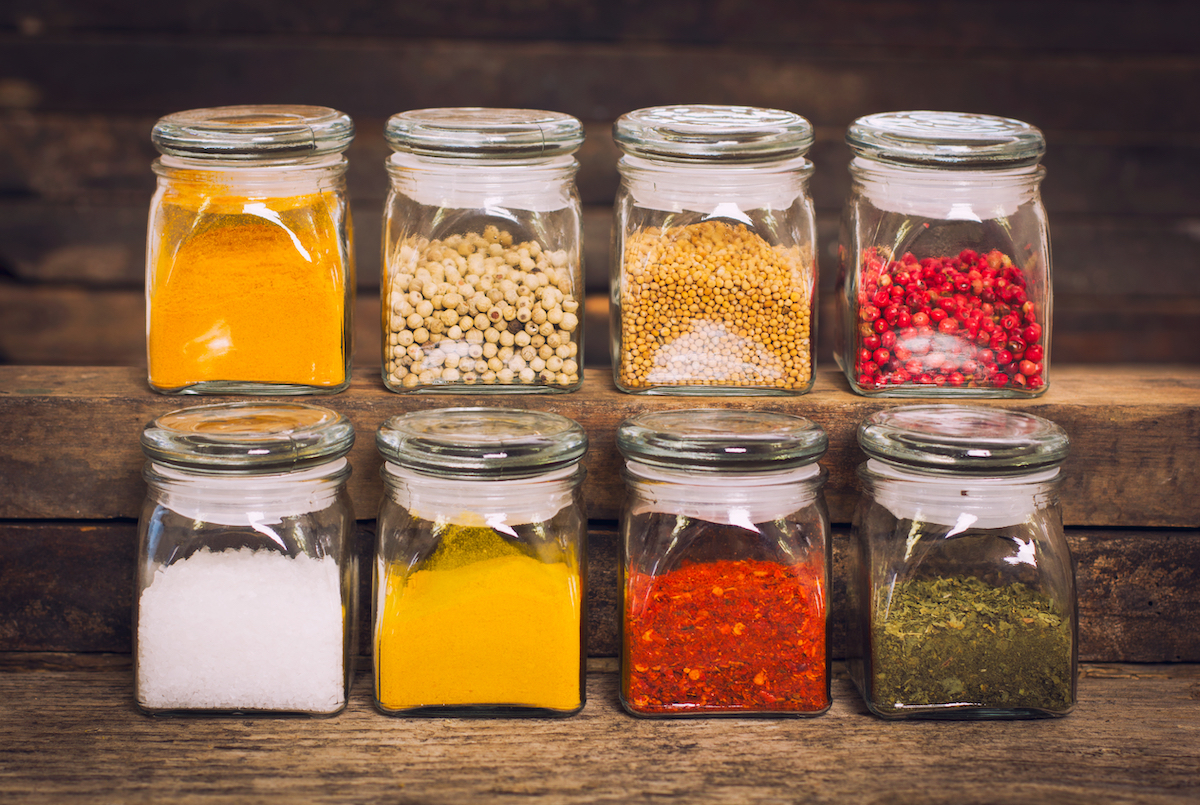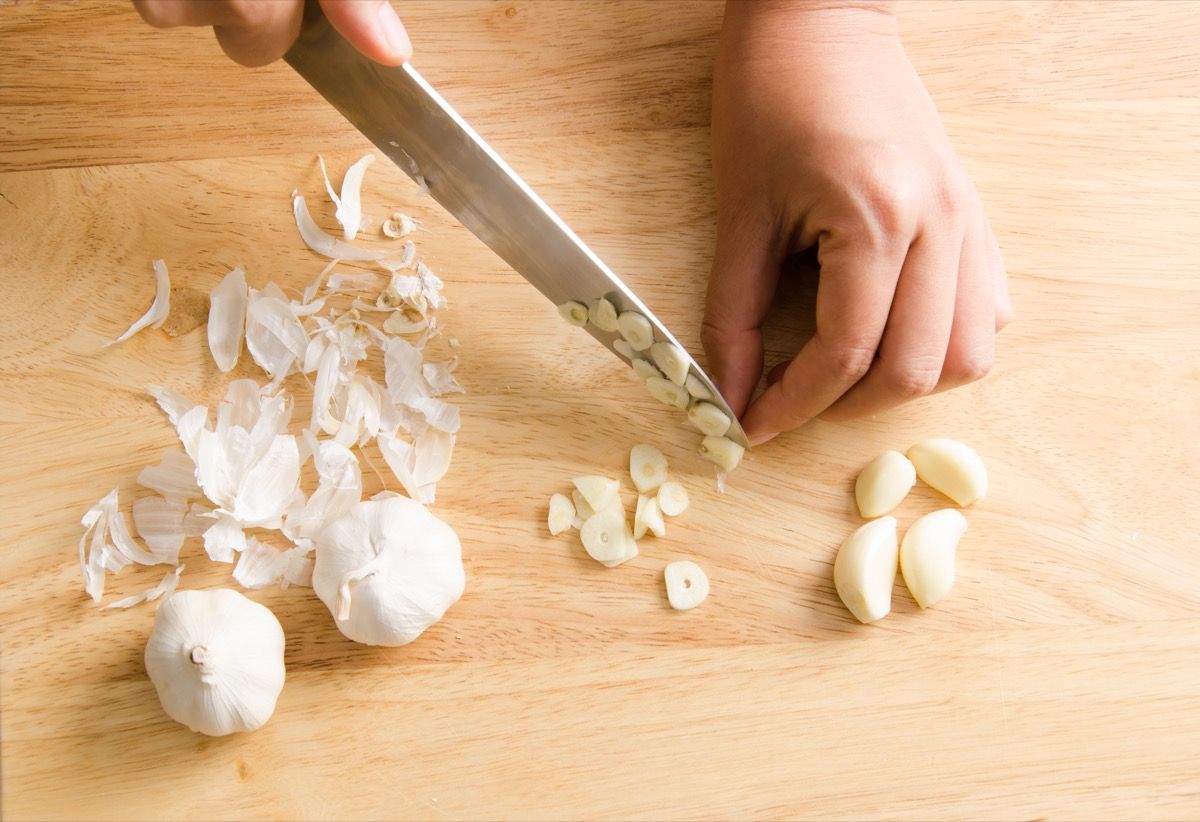RELATED: Drinking One Glass of This a Day Slashes Your Heart Disease Risk, Study Says. You may not want to hold back on the seasonings the next time you’re whipping up something in the kitchen. A new study conducted by researchers from Penn State University and Texas Tech University has found that eating just 1.5 teaspoons of herbs and spices each day can help improve your heart health by lowering your blood pressure.ae0fcc31ae342fd3a1346ebb1f342fcb To conduct the study, 71 participants at higher risk for conditions such as hypertension or insulin resistance were instructed by researchers to add either 6.6, 3.3, and .5 grams of herbs and spices per day to their meals for a period of four weeks. The team then used blood samples to test for any changes to lipids, glucose, and insulin. While the results didn’t show any major changes to blood sugar or cholesterol levels among the participants, those who had used 6.6 grams of spices—which is the equivalent of about 1.5 teaspoons—saw their 24-hour blood pressure levels improve when compared to those eating the smallest ration of spices. RELATED: For more up-to-date information, sign up for our daily newsletter. Despite limited research on the positive effects herbs and spices can have on health, some studies have found certain everyday kitchen seasonings can add a boost to an already nutritious meal. For example, a 2020 analysis of 12 studies published in the journal Experimental and Therapeutic Medicine included data on more than 550 people with high blood pressure. The researchers found that taking garlic supplements could reduce systolic and diastolic blood pressure as effectively as blood pressure medications, Healthline reports. Cinnamon has also been shown to have similar cardiovascular benefits. A meta-analysis published in the journal Critical Reviews in Food Science and Nutrition in 2019, which included data on 641 people, showed that incorporating the spice lowered blood pressure significantly. Participants saw an even stronger effect after 12 weeks of consistent use. RELATED: If You Have This Spice at Home, Throw It Away Immediately, FDA Says. Besides using your spice rack a little more, other recent research has shown that even modest changes to your diet can have a huge effect on your heart health. In one study published in the European Journal of Epidemiology in April 2021, a team of researchers from Edith Cowan University in Australia set out to investigate the effects of eating a diet high in nitrate-rich vegetables, including dark, leafy greens such as lettuce, cabbage, kale, spinach, collard greens, and broccoli. The team analyzed diet data on more than 50,000 Danish citizens over the course of 23 years, finding that those whose diets included regular intake of leafy greens were 12 to 26 percent less likely to develop heart disease later in life, even when consumed in smaller amounts. “Our results have shown that by simply eating one cup of raw (or half a cup of cooked) nitrate-rich vegetables each day, people may be able to significantly reduce their risk of cardiovascular disease,” lead researcher Catherine Bondonno, PhD, said in a statement. RELATED: If You Can Do This With Your Thumb, Your Heart May Be in Danger, Study Says.



